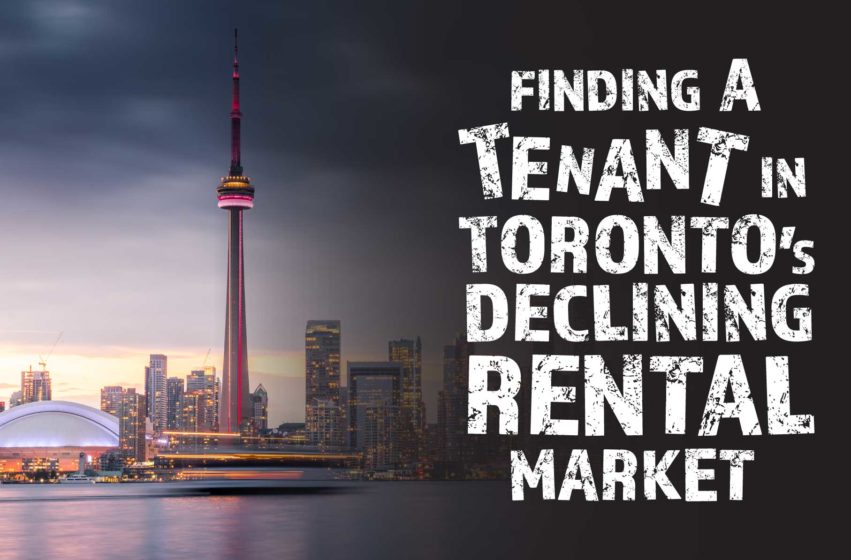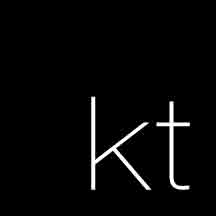Rental Market Declines and Landlords Struggle with Vacant Condos

It’s not often we witness a declining rental market, but here we are. And, despite popular belief, even the unstoppable Toronto real estate market is susceptible to downward pressure. COVID’s (indirectly) the Culprit of a Declining Rental Market How has COVID impacted the real estate market? As we predicted, COVID didn’t slow the market; in […]
Buyer Loses $620,000 Over Cancelled Real Estate Deal

As with all investments, purchasing real estate comes with risk. It’s important to prepare and understand the risk. Here’s an example of an extreme case that costs a buyer hundreds of thousands of dollars, along with my suggestions on minimizing the chance of falling into the same predicament. To paint a picture of this situation, […]
Cottage or Dream Home

A common topic of conversation this year has been whether to invest in a cottage or upgrade to your dream home. Because of the COVID pandemic, the frequency of this conversation increased ten-fold. Appropriately, I’m writing from the comfort of the deck at my family-cottage in Kearney, Ontario. This cottage has been in my wife’s […]
